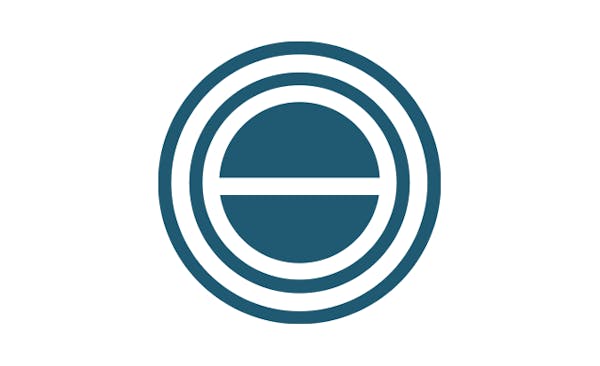Global Alliance for the Future of Food | Incorporating Food Systems into Nationally Determined Contributions Under the Paris Climate Agreement
This project aims to develop an NDC assessment framework for food systems transformation based on the Global Alliance’s 7 calls to action and 7 principles and identify examples of good practices. This framework is intended to support the Global Alliance’s advocacy activities in global fora, particularly processes and milestones relevant to the climate community, as well as support the strategy and activities of its members at global, national, and local levels.
This project is not intended to influence the quality of NDCs submitted in 2020-2021, as these plans are based on domestic policies and programs that have been under development since 2015. Rather, it is intended to serve as a guide for national policymakers, policy advocates, and an evaluation framework for future NDCs with respect to food systems transformation.It is meant to complement the important work by others, including recent publications such as Enhancing Nationally Determined Contributions for Food Systems by WWF, EAT, UNEP, and Climate Focus, Potential of Agroecology to Build Climate Resilient Livelihoods and Food Systems by Biovision and FAO.
Ultimately, this project seeks to elevate the importance of and multi-dimensional opportunities for climate mitigation, food systems resilience, rural livelihoods, and health in the context of national climate plans by informing policy development and implementation, advocacy strategies, and key messages by influencers in the climate community (both state and non-state actors) in the run up to COP26 by:
- Assessing issues, entry points, and opportunities across the 7 calls to action from a climate community perspective, building on the summary report and other inputs from the Salzburg Process on the Climate Emergency and the Future of Food;
- Developing assessment criteria and framework, and assessing NDCs submitted to date;
- Engaging policymakers in 10-15 priority countries to better understand the ambition, challenges, and needs;
- Identifying and evaluating ‘Beacons of Hope’ (BoH) examples that support one or more call to action and exemplify three or more Global Alliance principles;
- Convening a series of small closed-door dialogues with a Project Advisory Committee, potential partners, and other experts representing a diversity of perspectives to 1) test and refine the framework, 2) identify examples for consideration, and 3) identify collaboration and engagement opportunities targeting the climate policy and food systems communities.
The framework and the initial assessment will launch in the context of the UN Food Systems Summit and COP26 in 2021, and be used to assess progress towards the Paris Agreement and food systems transformation in the next round of NDCs due in 2025. A secondary medium-term outcome would be to create a tool that is also useful for allies
.jpg?auto=compress%2Cformat&w=1600)

